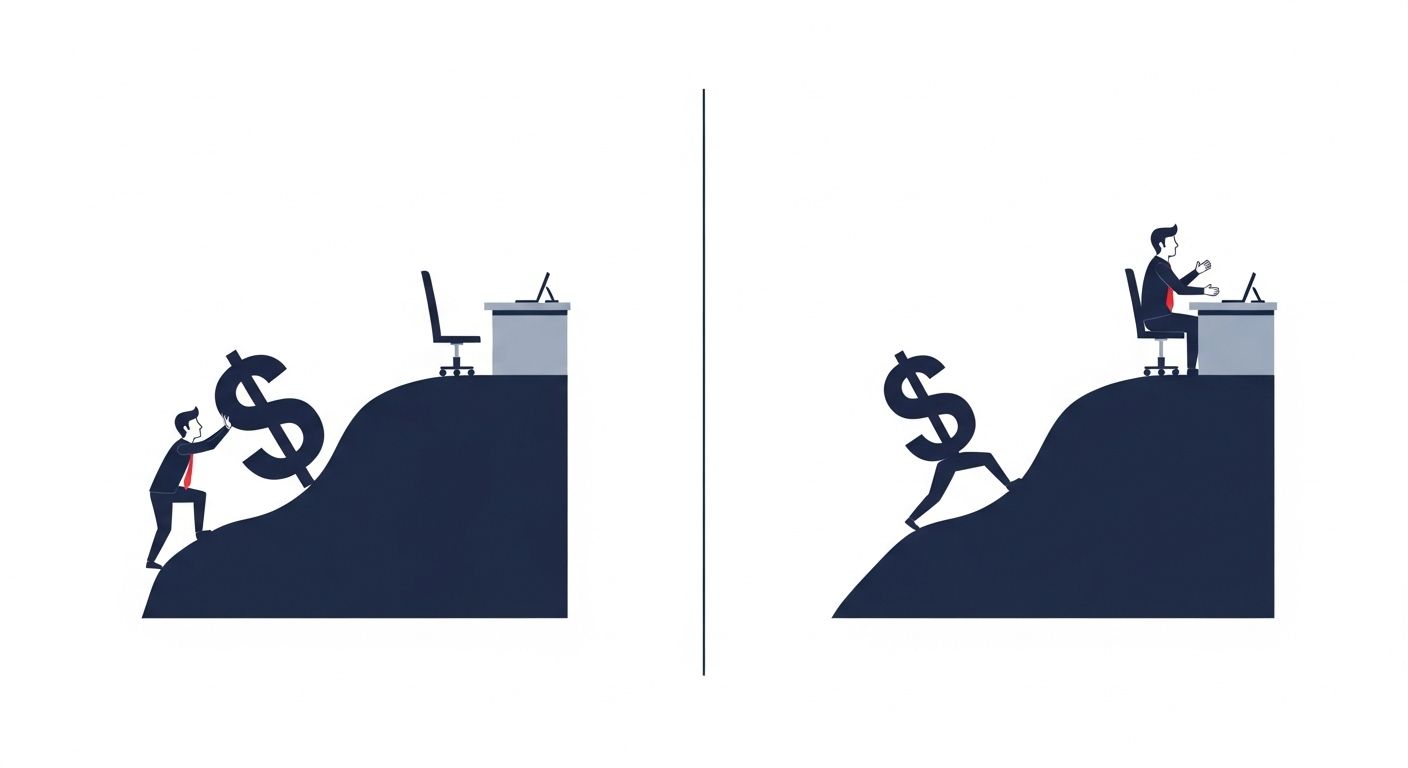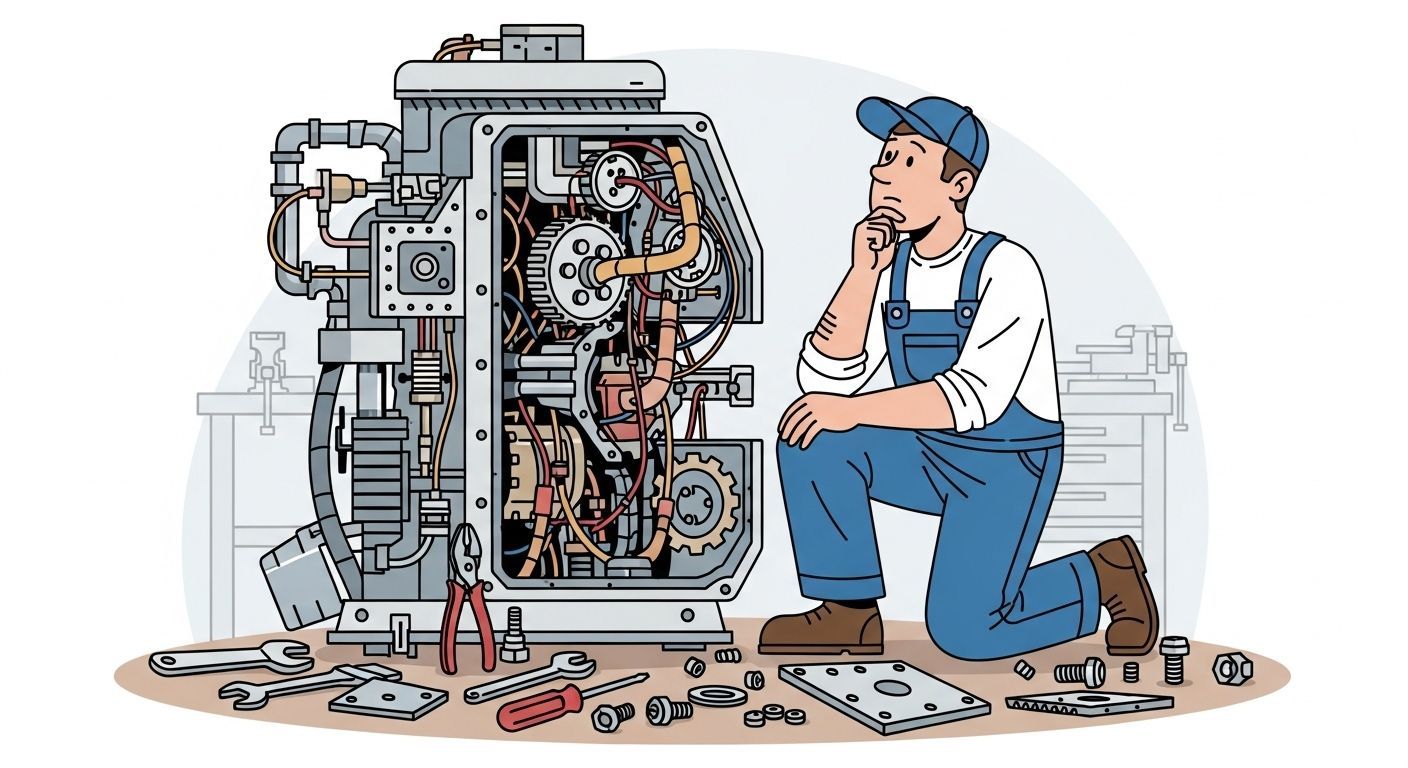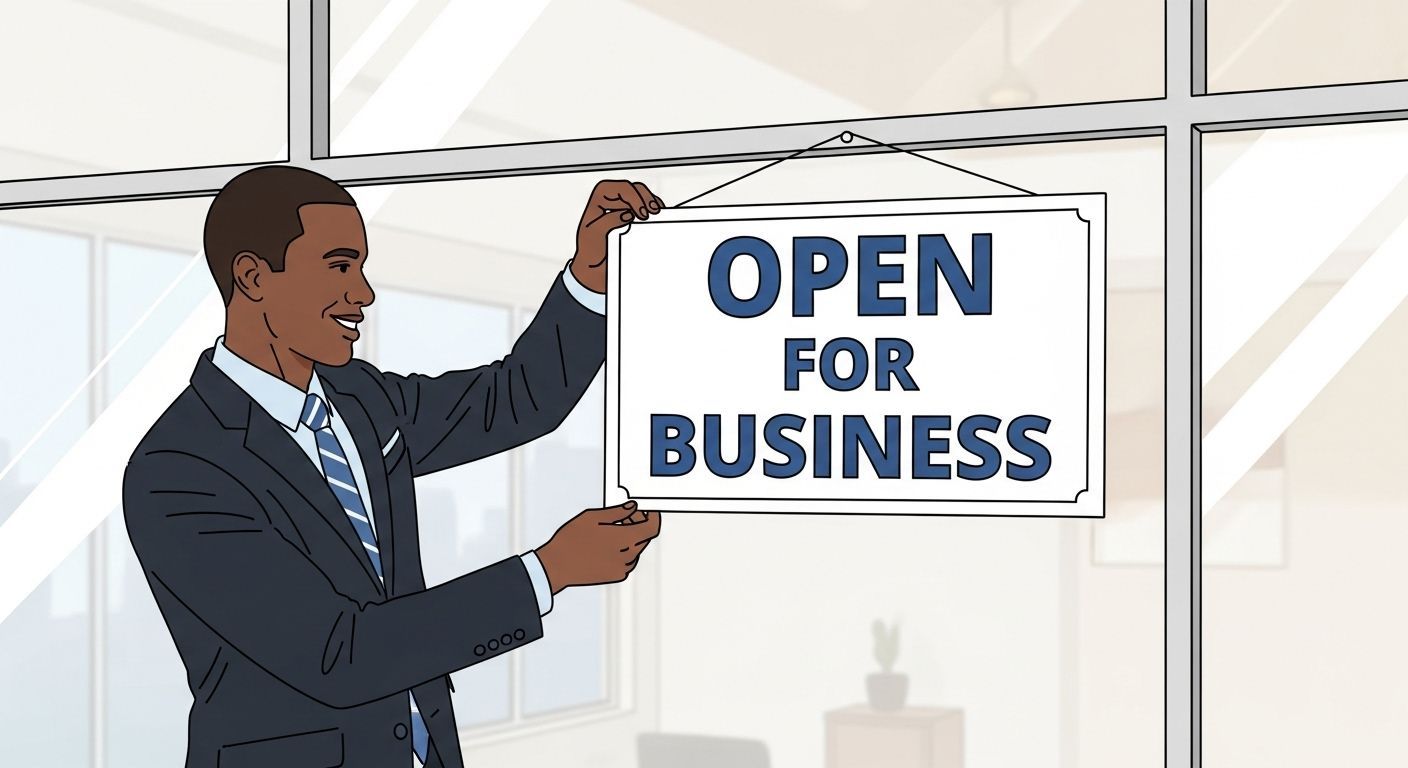Houston B2B Marketing for Sub-Sectors and the Challenges They Face
Doug Mansfield • November 2, 2025
Here in Houston, "B2B" isn't just a buzzword; it's the engine of our entire economy. We're a city built on industrial might, professional expertise, and complex supply chains. But that also makes this one of the most competitive markets in the world. Houston B2B marketing can be unfriendly to beginners and seasoned vets alike.

As a business owner, you've probably felt it. You're doing all the "right" things—you have a website, you might post on LinkedIn, you might even run some ads—but your revenue isn't moving. It feels like you're stuck on a marketing treadmill, busy but going nowhere. Or worse, you're trapped in a race to the bottom, constantly competing on price just to get the job.
The problem isn't your effort; it's the lack of a structured plan. You're investing in a "money pit," not a "marketing engine".
The key to increasing revenue is to first identify your real marketing challenge and then apply a focused strategy to solve it. Using our FADA Framework, we find your challenge often falls into one of four categories:
- Foundation: Your digital presence is unprofessional, unclear, or inconsistent, failing to build the trust needed for clients to engage.
- Awareness: Your solution is great, but nobody knows you (or it) exists, or your message isn't reaching the right decision-makers.
- Differentiation: You're in a crowded market and look just like your competitors, leading to commoditization and forcing you to compete on price instead of unique value.
- Action: Your marketing generates activity and website traffic, but you fail to convert that interest into the tangible, measurable results—like phone calls, qualified leads, and sales—that affect your bottom line.
Here are 6 common Houston B2B sub-sectors, the unique challenges they face, and actionable steps designed to increase your sales and revenue.
1. Manufacturing & Fabrication
- The Challenge: Commoditization. In a city with hundreds of high-quality shops, you're not just competing with the guy down the road; you're competing for attention online. When everyone claims "precision, quality, and on-time delivery," procurement managers and engineers are forced to default to the only metric that looks different: price. This is a race to the bottom that shrinks your margins.
- Actionable Steps:
- Differentiate with your specialty. Stop being a "generalist" shop. Are you the only one with a specific certification (e.g., API, ISO 9001)? Do you specialize in a difficult material, a specific industry (like subsea or aerospace), or a unique process? This specialized value must be the first thing a visitor sees on your website.
- Build a high-trust digital foundation. Your website is your 24/7 shop tour. It needs professional photography, a detailed "Capabilities" or "Equipment" section, and clear proof of your work. This builds instant credibility and proves you can do the job.
- Prove your expertise with case studies. Show, don't tell. Display a photo of a complex part, briefly describe the client's problem (e.g., "needed a tight-tolerance component for a high-wear application"), and explain the solution you provided. This builds tangible trust.
2. B2B IT & Managed Services
- The Challenge: Commoditization and Trust. The market is flooded with IT providers. To a non-technical business owner, everyone sounds the same, promising "security" and "uptime." The real challenge is to stop being seen as a "helpdesk" and start being valued as a strategic partner who can be trusted with a company's most critical assets.
- Actionable Steps:
- Stop selling "IT"; start selling "Business Outcomes." Differentiate your message. Instead of "We manage your servers," say "We eliminate tech-related downtime that costs you $X in lost revenue" or "We protect your business from ransomware that could shut you down." Connect your service directly to their bottom line.
- Establish your authority with educational content. Create simple guides, checklists, or webinars for the business owners you serve. Examples: "The 5-Minute Cybersecurity Checklist for Houston Law Firms" or "When Does it Make Financial Sense to Outsource Your IT?" This builds awareness and positions you as an expert.
- Create compelling sales collateral. Your sales team needs professional, high-impact materials that clearly explain your value. A well-designed proposal template or a one-page "sell sheet" that explains your different service tiers can make the difference between "too expensive" and "a smart investment."
3. B2B Logistics & Supply Chain
- The Challenge: Competing on Price and Proving Reliability. In a global hub like Houston, you're competing with massive global players and local specialists. Everyone claims to be "reliable," "efficient," and "on-time." The challenge is proving your reliability in an industry where one mistake can cost a client thousands, forcing you to compete on price alone.
- Actionable Steps:
- Differentiate with a niche. You cannot be the best at everything. Are you the expert in hazmat transport, oversized cargo, cold chain storage, or last-mile delivery within the Texas triangle? Make this specialization the core of your marketing message.
- Make your website a tool that builds trust. Your digital foundation is key. It should prominently feature your certifications (e.g., C-TPAT, ISO), service maps, and any technology you use (like a client tracking portal). This proves you are a professional and capable partner.
- Drive action with clear case studies. Show, don't just tell. "How we saved a Houston chemical company 15% on freight costs by optimizing their lanes" or "How we ensured 100% on-time delivery for a time-critical project cargo." This is tangible proof.
4. Safety & Compliance Services
- The Challenge: Apathy and Building Trust. Let's be honest: nobody wants to buy your service; they have to. The challenge is to move your business from being a "grudge purchase" to a "valued partner." You must earn the deep trust required to manage a company's legal, financial, and operational risk.
- Actionable Steps:
- Differentiate with your process or system. Don't just sell "safety training" or "audits." Sell your "Proprietary 5-Step Compliance System" that makes audits painless. Is your documentation and reporting software superior? This is your unique value, not "great customer service."
- Build awareness with high-value "gated content." Your ideal client (a plant manager, HR director, or ops manager) is afraid of non-compliance. Create a downloadable "Texas OSHA Self-Audit Checklist" or a "Guide to New EPA Regulations." They will gladly exchange their email for this valuable content, filling your sales pipeline.
- Build a foundation of authority. Your website must be professional and filled with proof. List all your instructor qualifications, certifications, and testimonials from other well-known Houston industrial or construction companies.
5. Financial & Accounting Services
- The Challenge: Breaking the "Commodity" Label. To many business owners, a CPA is a CPA, and an accounting firm is just a tax-preparer. The challenge is to break out of this commodity box and establish your firm as a high-value strategic advisor (like a fractional CFO) in a field built entirely on personal trust.
- Actionable Steps:
- Differentiate with a clear industry focus. Stop being a generalist. Do you specialize in construction accounting? Real estate development? Professional service firms? This focus allows you to speak directly to their specific financial pains and proves your expertise.
- Establish your authority with expert content. Write articles or host webinars that answer the high-stakes questions your ideal client has. "How Houston Construction Firms Can Use R&D Tax Credits" or "The 3 Biggest Financial Mistakes Service Businesses Make."
- Optimize for a new kind of search. Business owners now ask AI (like ChatGPT or Google Gemini) for financial advice. Your expert content needs to be optimized for these "answer engines" so your firm becomes the source, positioning you as the go-to authority.
6. Commercial Construction
- The Challenge: Proving Trust and Long Sales Cycles. Every project is high-stakes, high-cost, and built on relationships. Your challenge is twofold: 1) Earning the trust of developers, architects, and owners that you can deliver on-time and on-budget, and 2) Staying top-of-mind during the long decision-making process.
- Actionable Steps:
- Your website is your project portfolio. This is your primary digital foundation. It must be professional and feature a high-quality, filterable gallery of your past projects (e.g., "Healthcare," "Industrial," "Office Build-Outs"). Professional photography here is a non-negotiable investment.
- Differentiate with your process or specialty. What makes you different? Is it your unparalleled safety record? Your expertise in complex tilt-wall projects? A proprietary project management process that guarantees transparency for the client? This needs to be your core message.
- Enable your sales and estimation team. Your marketing must create powerful sales collateral. This includes high-impact proposal folders, detailed case studies for specific verticals, and professional brochures that make your brand look as solid as your buildings.
What If My Business Isn't on This List?
If your business specialty was not in one of these 6 sectors, your business can likely benefit from this approach. B2B companies share commonalities that the B2C marketplace does not relate to.
We also work with:
- Oil & Gas Service Companies
- Commercial Real Estate & Developers
- Engineering Firms
- Environmental Consulting
- Medical Device Suppliers
- Specialty Contractors (e.g., abatement, demolition)
- Heavy Equipment Providers
- B2B Professional Services (e.g., Law Firms)
- Industrial Cleaning Services
- Maritime & Port Services
Here's the key insight: While what you sell is unique and critically important, the type of marketing challenge you face is often shared across the B2B world.
Your specific strategy will be tailored, but the core problem—be it Differentiation, Awareness, or Trust—is the map that shows us where to begin.
Are you in a crowded market, like an engineering firm or an industrial cleaning service? You have a Differentiation problem, just like the manufacturing shop.
Did you create a new software or a unique consulting process? You have an Awareness problem, and you need to educate the market.
Are you selling a high-value, complex solution, like a specialty contractor? You have a Trust problem, just like the compliance firm.
The first step to building a real marketing engine is to identify your core challenge. Once you know that, you can apply a new structured plan—a framework—to build your Foundation, create Awareness, sharpen your Differentiation, and finally, drive the Action that affects your bottom line.
This blog post was created by Doug Mansfield, president and founder of Mansfield Marketing











